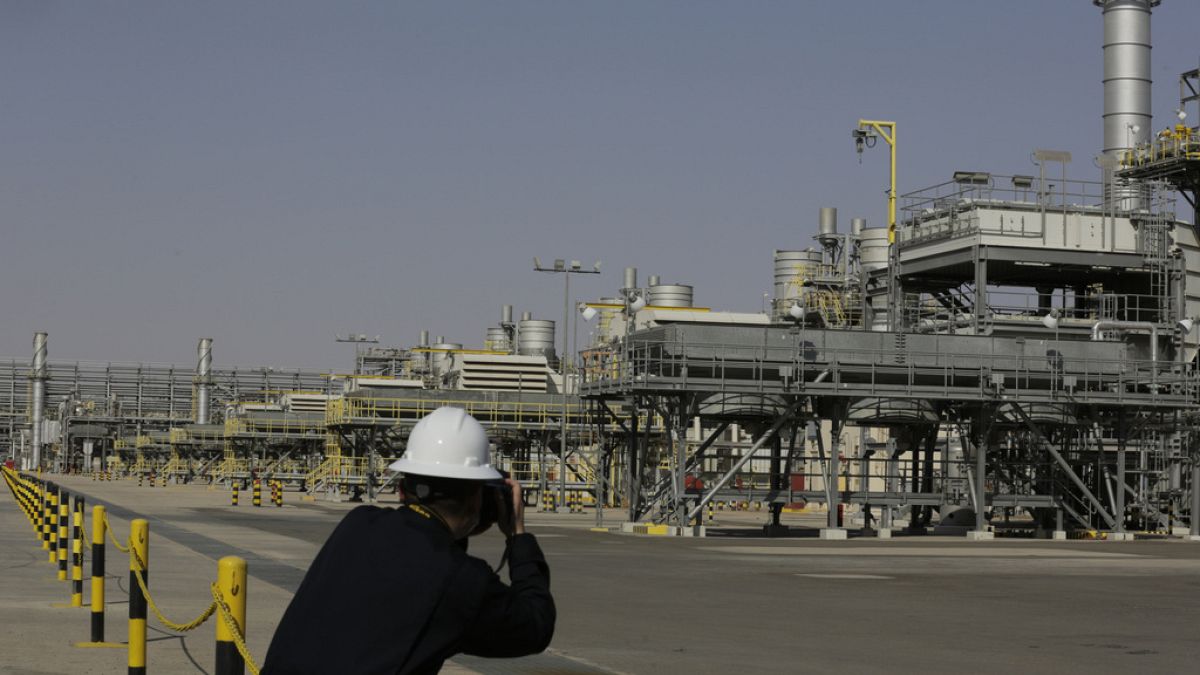

In a world that increasingly values collaboration for common benefit, two major discussions have recently taken the spotlight. The Organization of the Petroleum Exporting Countries Plus, commonly known as OPEC+, has reached a consensus to augment oil production. Meanwhile, global negotiations on curbing plastic waste have resumed, highlighting the pressing need for environmental stewardship. These developments reflect both economic pragmatism and a commitment to sustainable futures.
On the energy front, OPEC+ members decided to increase oil production by 547,000 barrels per day starting in September. This decision emerged from a meeting held on a temperate Sunday, where eight OPEC+ nations displayed their ongoing dedication to balancing global oil demands. This increase is set against a backdrop of shifting energy landscapes and reflects OPEC+’s agile response to market fluctuations, ensuring that energy supplies remain stable for the foreseeable future. The group’s decision is likely to bring a sense of assurance to countries reliant on oil imports, offering them a steady flow to fuel growth and development.
This cooperative approach to oil production brings a sense of calm and continuity to global markets, emphasizing a mindful awareness of both current needs and future challenges. Such strategic foresight is crucial, especially as the world carefully navigates the transition towards diversified and sustainable energy sources.
Simultaneously, across the vast plains of international diplomacy, a renewed effort to forge a global plastics treaty is taking place in Geneva. Representatives from numerous countries gathered to address a challenge that holds significant implications for our environmental and ecological well-being. There exists a growing consensus that the reduction of plastic waste is not just a responsibility but an urgent necessity to preserve our planet for future generations.
In these deliberations, many campaigners have voiced the importance of shielding discussions from undue influence by industry lobbyists, thus ensuring that the outcome is both meaningful and impactful. The aspirational goals of these talks indicate a shared willingness among nations to confront this pressing issue with integrity and determination. As global leaders strive towards a tangible resolution, there is a tangible sense of hope that a constructive and environmentally beneficial agreement will be reached.
At the heart of these discussions lies an acknowledgment of the collective responsibility to enact changes that will significantly curtail plastic pollution. It is envisioned that through a united front, countries can establish robust frameworks that facilitate decreased reliance on single-use plastics, promoting environmental renewal and fostering innovative practices that align with sustainability goals.
The converging narratives of increased oil production and the quest for a comprehensive plastics treaty are reminders of our shared journey through a complex and interconnected world. Where one endeavor seeks to stabilize and sustain economies, the other addresses the preservation and health of the planet, both underscoring the essence of mindful cooperation. As 2025 unfolds, these developments leave an encouraging imprint, illustrating a world steadily advancing towards methods that nurture both civilization and nature.
In this landscape of global negotiations, a focus on collaboration and mindful action offers a path forward that harmonizes economic growth with environmental stewardship. Whether through well-regulated oil production or ambitious environmental treaties, these efforts are testaments to humanity’s capacity for adaptive resilience and positive change.
Source: {link}
